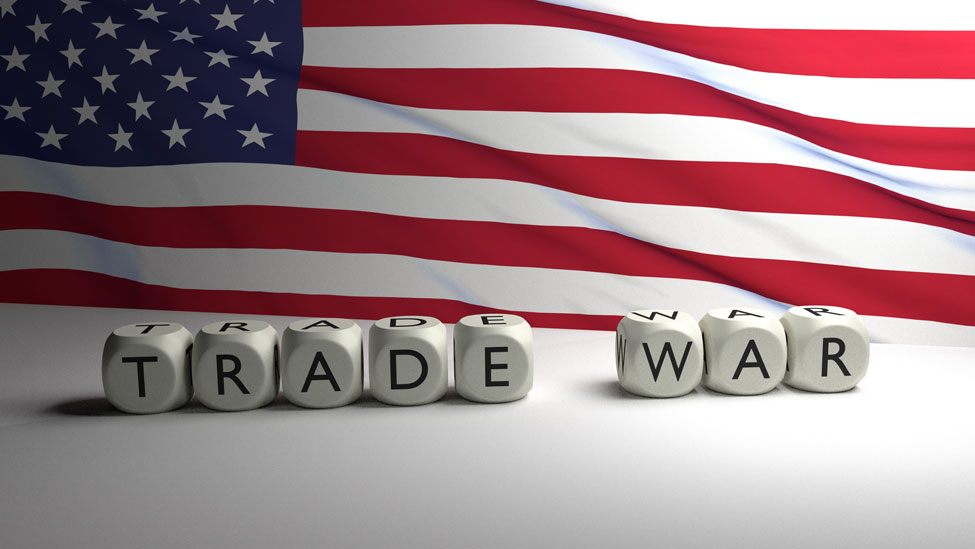
Trump’s game of postal chicken

This article is an extract from the Spring Edition of MER Magazine published in February 2019. You can read the full article as well as other articles from MER for free by visiting digital.mailandexpressreview.com.
In October 2018 the White House announced it is leaving a 144-year-old global postal agreement due to the current trade war with China. ParcelHero’s Head of Consumer Research, David Jinks MILT considers: is this is a game where everyone loses?
“When the Universal Postal Union decided to ignore President Trump’s threats and kick the issue of international postal renumeration rates back to 2020, it may have thought it had buried the issue. It underestimated Trump’s protectionist zeal; and is now frantically backpedalling in an attempt to save the Union and stop an international postal war.
President Trump has got it in for China. He’s not been afraid to impose swinging tariffs on Chinese products such as steel – even at the expense of his own car industry which relies on cheap imports.
He is also extremely bothered about the rising cost of maintaining the United States Postal System (USPS). Not only is he ideologically opposed to state run services; but last year the USPS has reported a loss of $3.9 billion.
So, when Trump realised that China’s international postage rates into the US are so low it’s actually far cheaper to send earrings 7,400 miles from Nanjing to New York than the 28 miles from Staten Island to Manhattan, he was never going to take it lying down.
And it really is significantly cheaper – a matter of cents for China-US postage rather than dollars for posting the same item within the US – because the USPS has to subsidise letter size packages from China.
The exact details of the USPS subsidies arrangement are secret, but it is thought that the terminal dues, as they are termed by the Universal Postal Union (UPU) – the international body that oversees global mailing – mean the United States Postal Service is losing $1 on every China Post shipment into the country. A Whitehouse official said the system gives a 40- 70% discount on small packages arriving in the US from China compared with what it would cost to send them within the US, costing USPS $300 million a year.
Trump issued an ultimatum to the UPU, saying he would withdraw the USPS from the UPU if it failed to agree fairer rates. He demanded that it must agree dues that would “fully reimburse the USPS for costs to the same extent as domestic rates for comparable services”.
The UPU met in full pomp for an Extraordinary Congress in Addis Ababa last summer to consider the issue of international postal renumeration and Trump’s ultimatum. The result raised eyebrows amongst industry watchers…
The UPU published a statement saying it had “achieved a major success by approving a compromise proposal.” The compromise was that the UPU would kick the decision into the long grass; saying it would look again in 2020.
The UPU delegates may have been congratulating themselves on this ‘major success’; but Trump was having none of it. On the 17th October 2018 he sent an ultimatum to the Union saying he would withdraw from the UPU a year after the day the note was received unless he saw significant changes to the arrangement.
And, sure enough, the UPU blinked. On the 25th October it announced it would fastrack the issue ‘with a view to coming up with a proposal to the Council of Administration by the April 2019 session’. The Universal Postal Union’s Director General, Bishar A. Hussein, revealed that the organisation was doing ‘everything possible to solve the matter of the renumeration rates known as terminal dues.’
The Director Genera said: “I am glad to inform you that, this week, members agreed on a proposal to adjust the timelines on the discussion on renumeration.”
This article is an extract from the Spring Edition of MER Magazine published in February 2019. You can read the full article as well as other articles from MER for free by visiting digital.mailandexpressreview.com.








